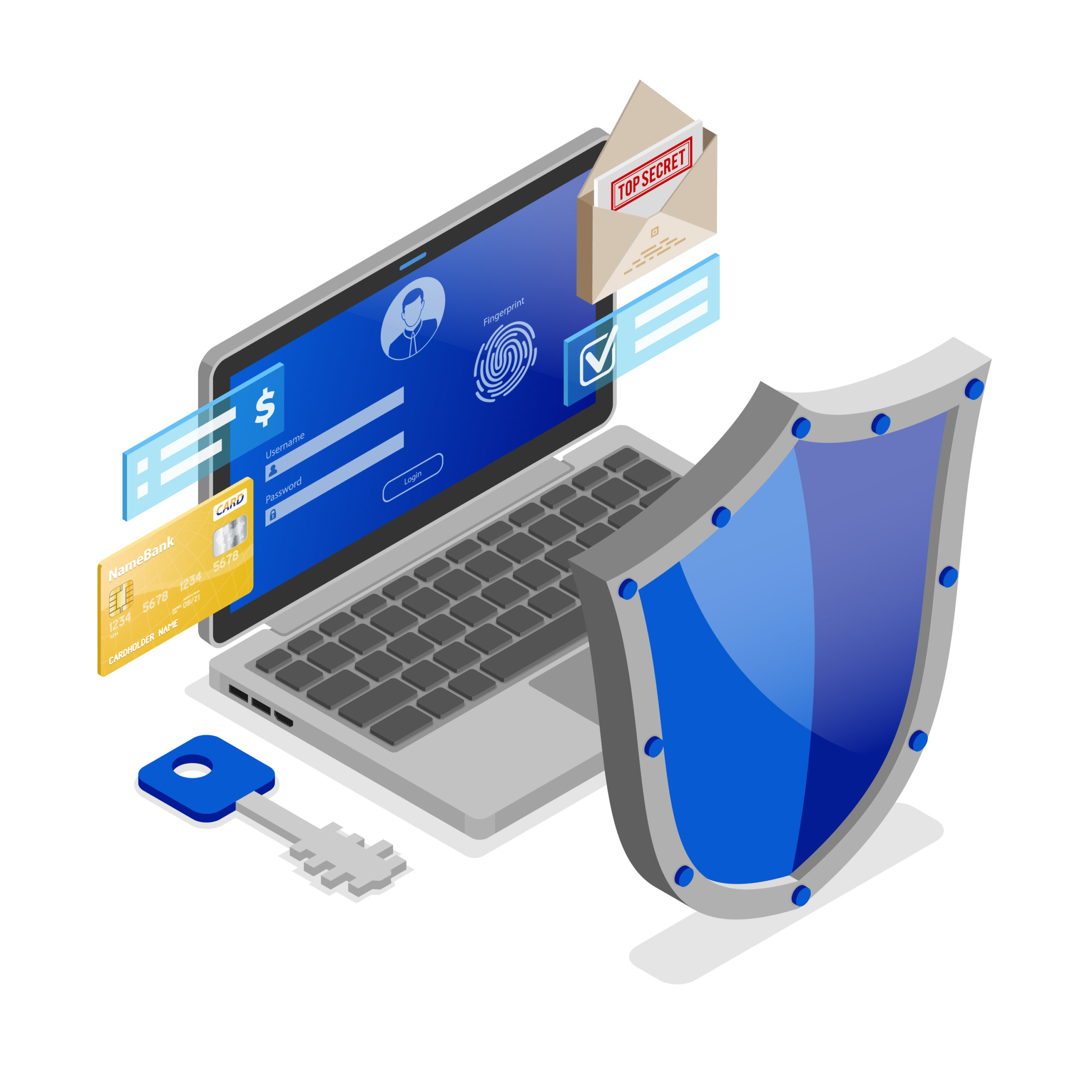Zynga experienced a data breach after a hacker called 'Gnosticplayers' stole users' sensitive information.
Zynga's titles boast more than a billion players, worldwide, which is a number that would make most gaming outfits green with envy.
Naturally, their success has painted a giant target on the company.










